How to Fix ‘Microsoft Access Is Not Responding’ on Windows?
The ‘Microsoft access not responding’ error occurs when Microsoft Access users attempt to interact with a shared database on Windows computers.
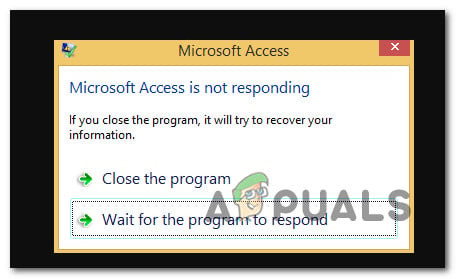
If you’re experiencing this issue, it’s most likely due to some 3rd party interference or an underlying malware infection affecting the shared database. If the Access database is hosted locally and you are facing this error, your drive might contain bad sectors.
Follow the methods below for specific steps on troubleshooting the issue:
1. Start Access in Safe Mode
If you’re starting to troubleshoot this issue, the ideal way to begin is to check if any 3rd party services are currently interacting with the Microsoft Access database.
Fortunately, there’s one command you can run directly from a Run dialog box that will force Microsoft Access to boot in safe mode.
Note: Booting Microsoft Access in safe mode will ensure that it runs without any third-party add-ins, apps, or processes that might interact with the database causing the ‘Microsoft Access is not responding’ error.
Follow the instructions below to start Microsoft access in Safe Mode from a Run dialog box:
- Press the Windows key + R to open up a Run dialog box.
- Inside the Run box, type ‘msaccess /safe’ and press Ctrl + Shift + Enter to run the command with admin access.
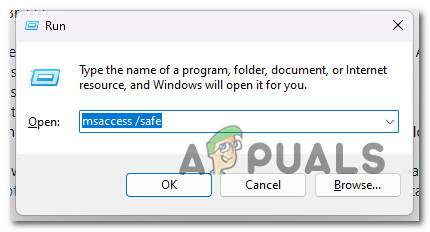
Run Microsoft Access in Safe Mode - When prompted by the User Account Control (UAC), click Yes to grant admin access.
- After MS access is opened in safe mode, run the access query once again and see if the problem is now fixed.
2. Perform a clean boot
If the method above was ineffective in your case, you should also take the time to achieve a clean boot state before concluding that you’re not dealing with 3rd party interference.
Note: Performing a clean boot will force your system to boot only with the necessary Windows processes and services. Any third-party service, process, or starting item will not be permitted to run once you achieve the clean boot state.
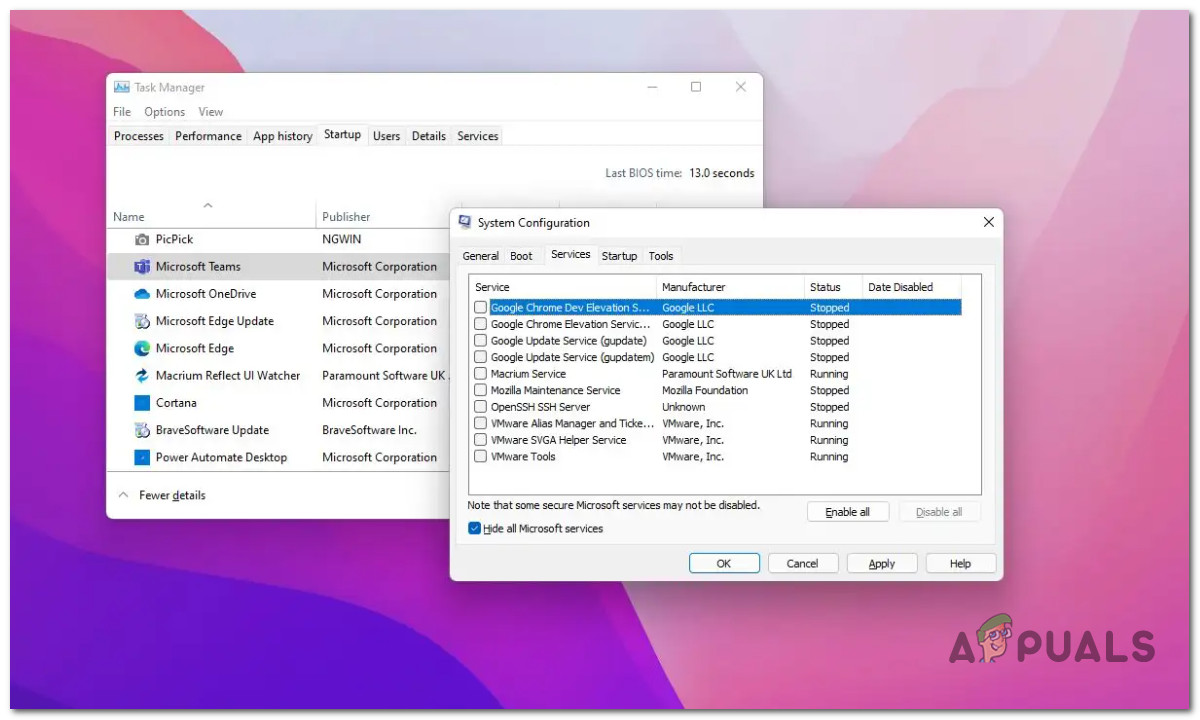
See our detailed guide on achieving a clean boot state for step-by-step instructions.
If you have already achieved a clean boot state and still see the ‘Microsoft access not responding’ error when interrogating a Microsoft Access database, move down to the next method below.
3. Check for a virus infection
Another environmental variable affecting your database interrogation inside MS access is a potential malware infection.
If the two methods above didn’t allow you to get past the ‘Microsoft Access not responding’ error, the next step should be to ensure that the PC hosting the Access database is not affected by a malware infection.
We recommend doing a comprehensive security scan to exclude this possibility.
If you already have access to a security scanner (or your organization pays for one), deploy a system-wide scan to see if you’re dealing with a virus infection.
In case you’re looking for a free alternative, here’s our article on using Malwarebytes to deploy a deep scan.
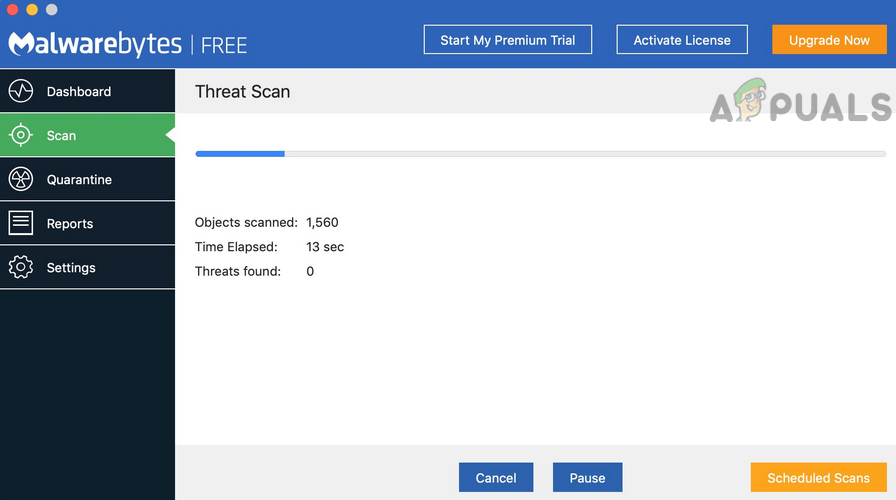
Note: Once the security scan is complete, follow the on-screen instructions to eliminate any malware or adware infection that might affect the shared MS Access database.
Once the scan is complete, reboot your PC and see if the ‘Microsoft Access is not responding’ error is now fixed.
4. Scan drive for bad sectors
If you’ve reached this point without a resolution, a bad or failing sector is the last possible environmental variable that might interfere with your MS Access database.
This is typically encountered when a traditional hard disk (HDD) is used, and it’s beginning to fail. If this scenario is applicable, you should be able to get the issue fixed by deploying a CHKDSK scan to replace the bad sectors with unused ones.
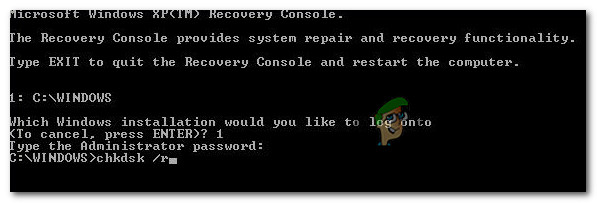
Important: Even if this operation works and allows you to interact with your Access database finally, you should not consider this fix as permanent. It’s very likely that the same issue will return as more sectors will fail. Consider backing up your data and ordering a replacement before you lose any data.





